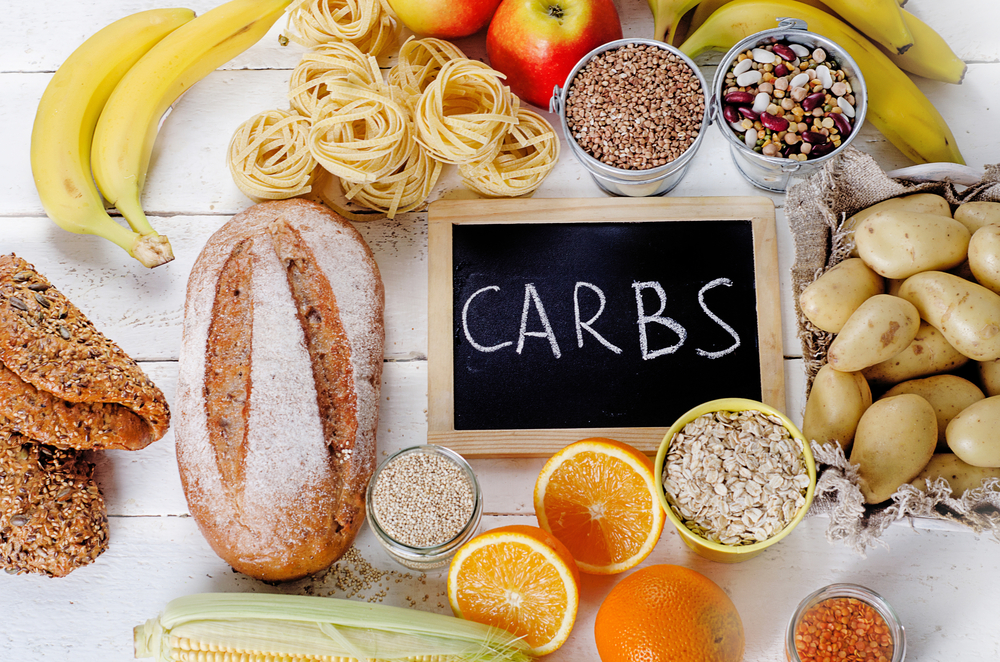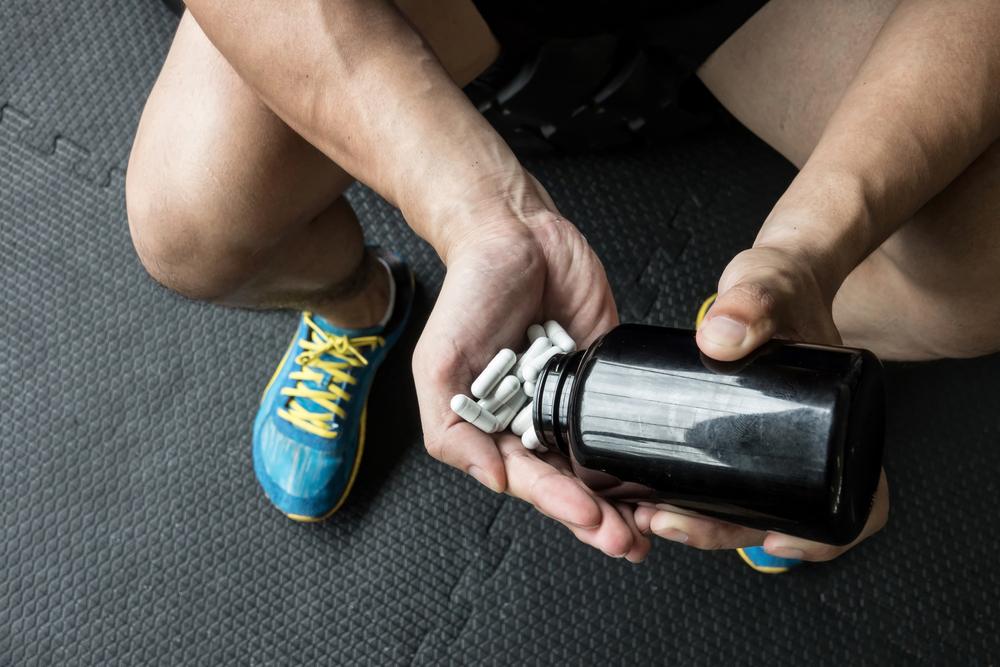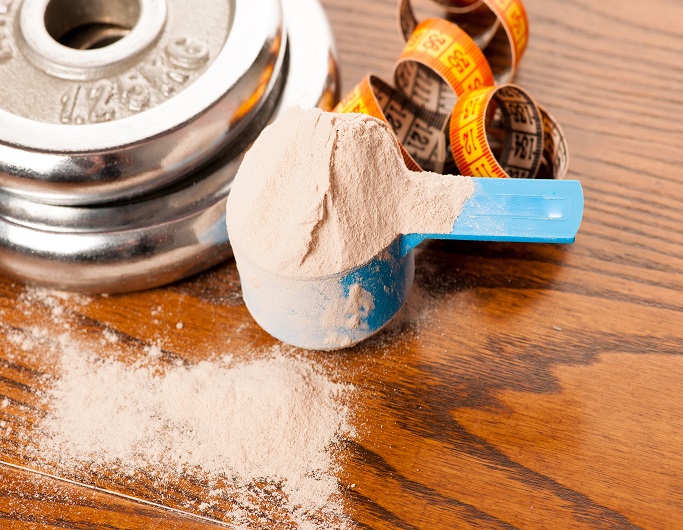
The Art And Science Of Carb Backloading
Carb Backloading has been around for years. However it wasn’t until recently that nutrition expert John Kiefer coined the phrase and made it mainstream. Here we take a look at the art and science of Carb Backloading. Analysing whether it truly can achieve the holy grail of fitness: lean muscle without the unwanted fat. The studies and results may surprise you.
Carb Backloading Basics
Carb Backloading works where you restrict your intake of carbohydrates throughout the day and then have most of them (if not all of them) post workout. In many ways it replicates the way our hunter gatherer ancestors ate. There would be a period of fasting, then a period of physical activity (hunting) followed by a giant feast. Purely anecdotal but obesity was far less of a concern back then too. Granted there would be many other factors playing a role, but this is an interesting thought.
Anyway whether you call it carb backloading, carb cycling or a tactical cheat meal it’s the same thing. Research from the Department of Medicine at Washington University School of Medicine discovered that eating after a bout of exercise dramatically improves our ability to absorb food. This is because exercise increases the efficiency of a protein called GLUT4, which aids the transport of glucose and improves insulin sensitivity. The result? Your body is far better able to store all those carbohydrates and sugars. Not turning them to fat and a double chin.
The idea has since been echoed by research published in the Annual Review of Medicine, which stated that: “Exercise training in humans results in numerous beneficial adaptations in skeletal muscles, including an increase in GLUT4 expression. The increase in muscle GLUT4 in trained individuals contributes to an increase in the responsiveness of muscle glucose uptake.” Again what this means is if you’re going to feast on carbohydrate-rich foods, just do it after the gym. They’ll be absorbed more efficiently and are less prone to being stored as far compared to if you ate them sat in front of the TV.
Carb Backloading Cons
So you’re probably sitting there thinking Carb Backloading sounds great. But there are some cons and some important things to consider. Firstly, carbohydrates are the body’s primary fuel supply. So if you’re goal is to improve your performance, you absolutely need a sufficient supply. Training or competing without them is ‘sporting suicide’. To prove this researchers at Loughborough University set out to test the difference carbohydrate intake made to an athlete’s performance. They discovered those who consumed a high carbohydrate diet seven days before a 30km treadmill time trial were 10% quicker than the athletes who didn’t consume any.
Science also supports the use of pre-workout carbohydrates for those wanting to pack on muscle too. Researchers from the University of Queensland subjected strength athletes to a carbohydrate restricted diet to analyse its effects on performance. After a 2-day carbohydrate restriction program athletes performed three sets of squats with a load of 80% of one repetition maximum. What they found was the carbohydrate restriction program caused a ‘significant reduction in the number of squat repetitions performed’. Basically showing how avoiding carbohydrates pre-workout could directly reduce your muscle building potential in the weights room.
Also if you’re prone to overtraining, surprisingly pre-workout carbohydrates may hold the answer. Scientists from Loma Linda University Medical Center in California set out to test how carbohydrates influenced the immune system and more specifically cytokine concentrations. Cytokines are substances that carry signals between the cells of the immune system and are believed by researchers to be critical to preventing the body becoming ill and run down from too much exercise. What they found was consuming a 6% carbohydrate drink before training positively affected cytokine levels. Concluding pre-workout carbohydrates could help support the body’s immune system during periods of intense exercise.
Carb Backloading Other Things To Consider
Some people will use Carb Backloading as an excuse to eat ice cream, chips, pizza and everything else after training. Whilst in principle this is ok there are some things to consider. Ice cream and soft drinks for example aren’t exactly known for being a great source of minerals and what’s worse is that a lot of them contain phosphates that have been shown to deplete the body’s iron stores. Iron is obviously hugely important to athletes since it’s vital for the transportation of oxygen by haemoglobin and muscles using oxygen by myoglobin. Having less iron in the body means less oxygen can be delivered to the working muscles.
Talking more generally, junk food such as doughnuts or pastries lack various muscle building micronutrients such as zinc which serves as a cofactor in more than 100 enzyme processes within the body, the most important being to help build DNA, protein and testosterone production. Whilst there are too many nutrients to name specifically, it’s important to note that high calorie diets can lead to nutrient deficiency or a new form of malnutrition as described by scientists Orit Kaidar-Person et al (2008) which will ultimately leave your muscles underfed and will stunt their growth. Therefore concerning nutrients, it’s much wiser to attempt a clean bulk and ensure you create a calorie surplus through more nutrient dense foods since this will ensure your body also receives the often overlooked micronutrients it needs for muscular hypertrophy.







No Comments yet!